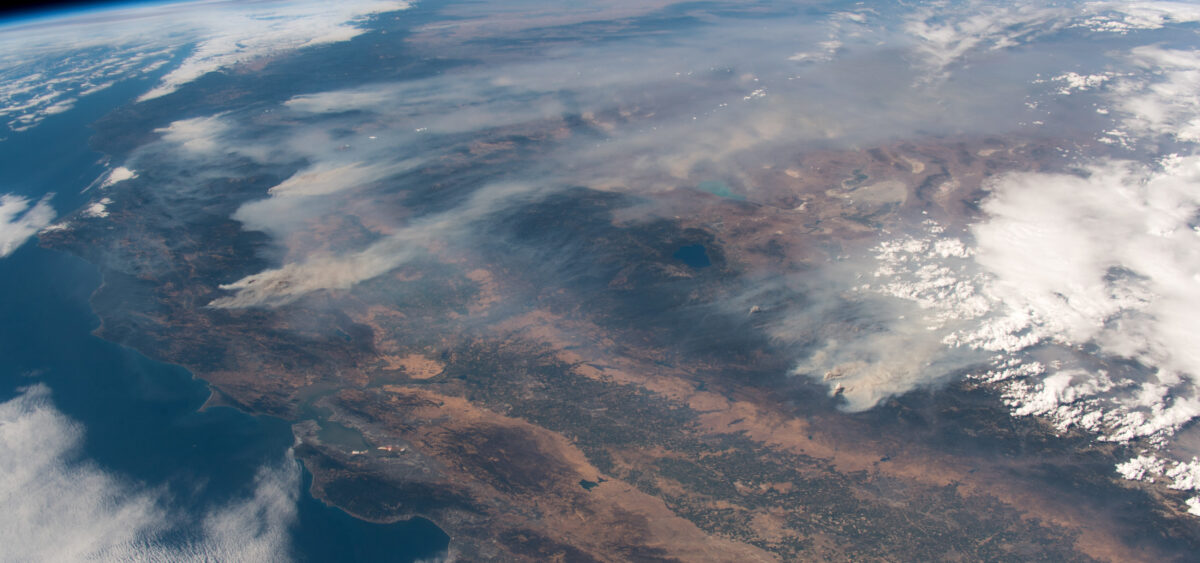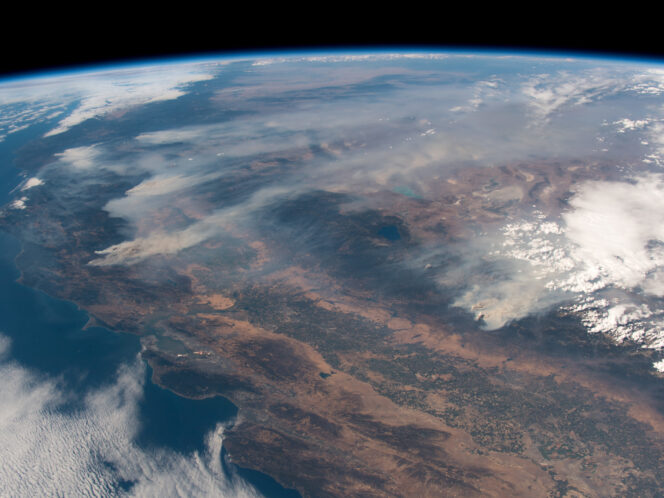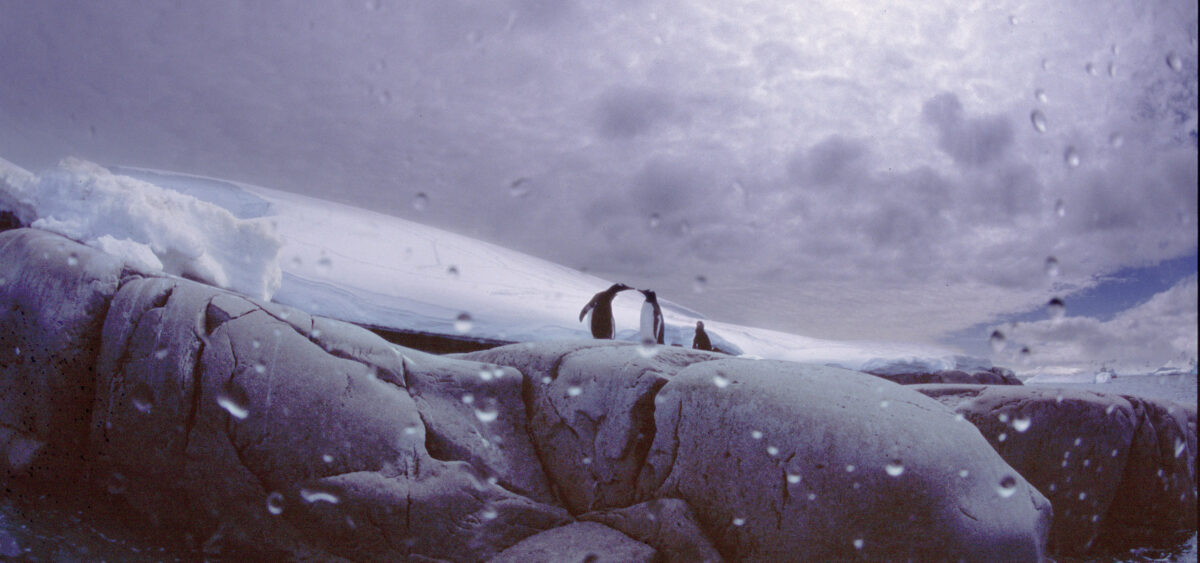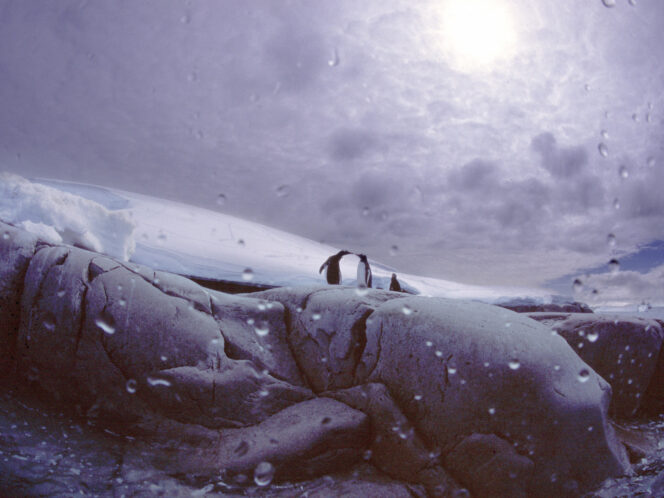
Imagine you have no chance to change the course of events, but someone offers you a forgetfulness pill – a blue one, as in The Matrix – after which you will wake up in your own bed, still able to believe in whatever you want. Do you decide to forget in order to maintain your peace of mind? Or do you opt for awareness, which will change everything in your life? If you don’t want to know, this is the best moment to stop reading this article.
Imagine that the catastrophe is inevitable. The blackest scenario that ever entered your head is happening. You will witness suffering and maybe even the death of your nearest and dearest. Your final years will be plagued with hunger and the fight for survival. Imagine that there is no way of changing the course of events, but someone offers you a forgetfulness pill. As in The Matrix, when Morpheus places in front of Neo a red pill of truth and a blue pill, which, after taking, will lead the hero to wake up in his bed and still be able to believe in whatever he wants. Do you decide to forget in order to maintain your peace of mind? Or do you decide upon awareness that will turn your life upside down?
A perfect loss
“It is, I promise, worse than you think.” With this sentence, the editor David Wallace-Wells began his essay entitled “The Uninhabitable Earth”, published in New York Magazine in 2017. The subtitle of the essay was “Famine, economic collapse, a sun that cooks us: What climate change could wreak — sooner than you think”. The article, which summarized the latest scientific reports on the subject of the overheating and degradation of the planet, caused a stir in the world of environmentalists. Andrew Dessler, a professor of atmospheric science, declared “it’s important to not discourage people – you don’t want to go from denial to despair.” Michael Mann, a climatologist and co-author of a graphical reconstruction of temperatures on the Earth’s surface, advised against “overstating the science in a way that presents the problem as unsolvable, and feeds a sense of doom, inevitability and hopelessness.” The journalist Alex Steffen said that “dropping the dire truth […] on unsupported readers does not produce action, but fear.” Daniel Aldana Cohen, an expert in climate policy, called the essay “disaster porn”. There was further reaction from outraged ecologists, not to mention a sizeable group of climate change deniers, rejecting the facts and interpretation presented by David Wallace-Wells, who went on to publish a book in 2019, entitled The Uninhabitable Earth: Life After Warming.
In professional environmental circles, “the argument made is that to discuss the likelihood and nature of social collapse due to climate change is irresponsible because it might trigger hopelessness amongst the general public.








